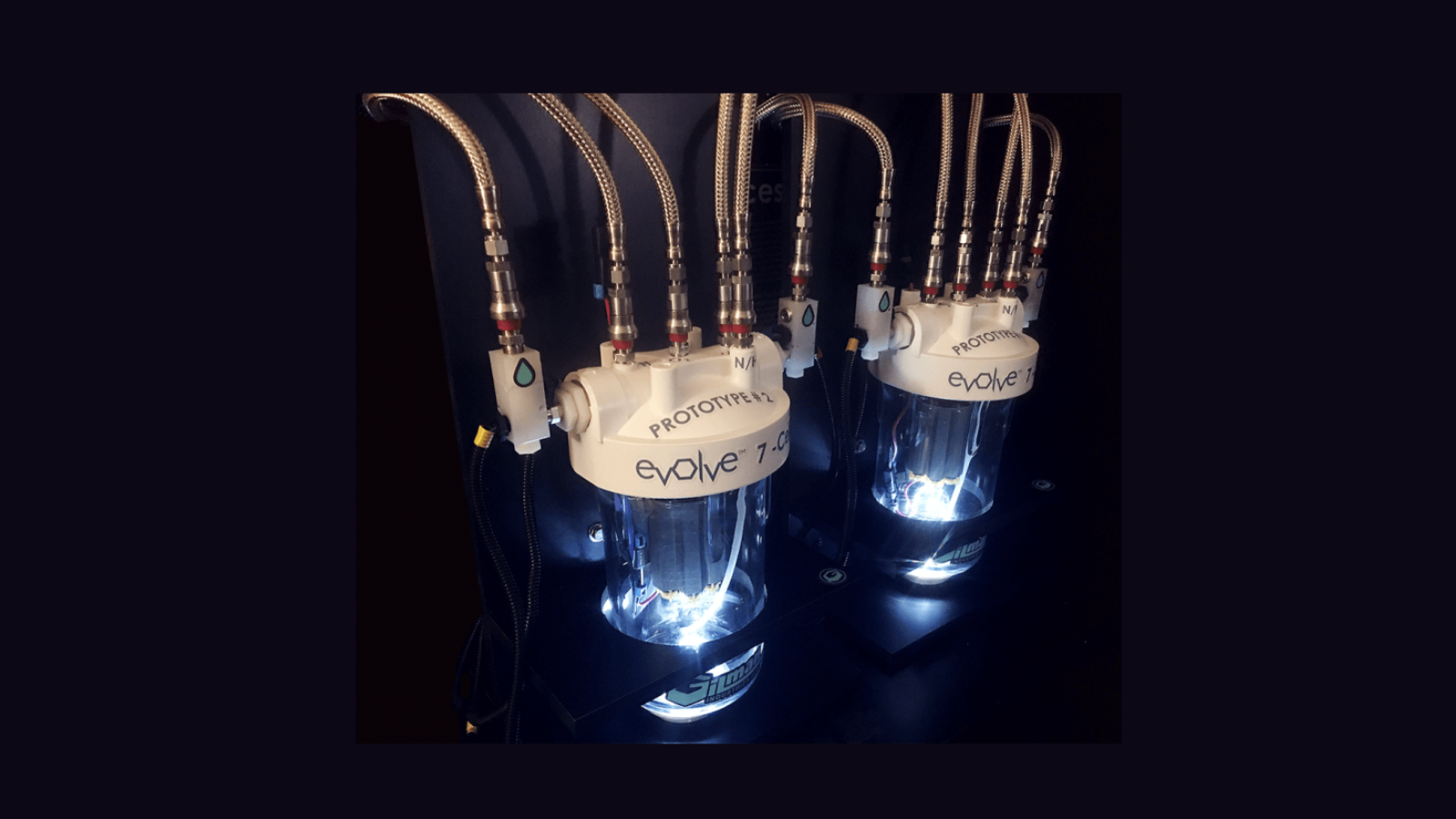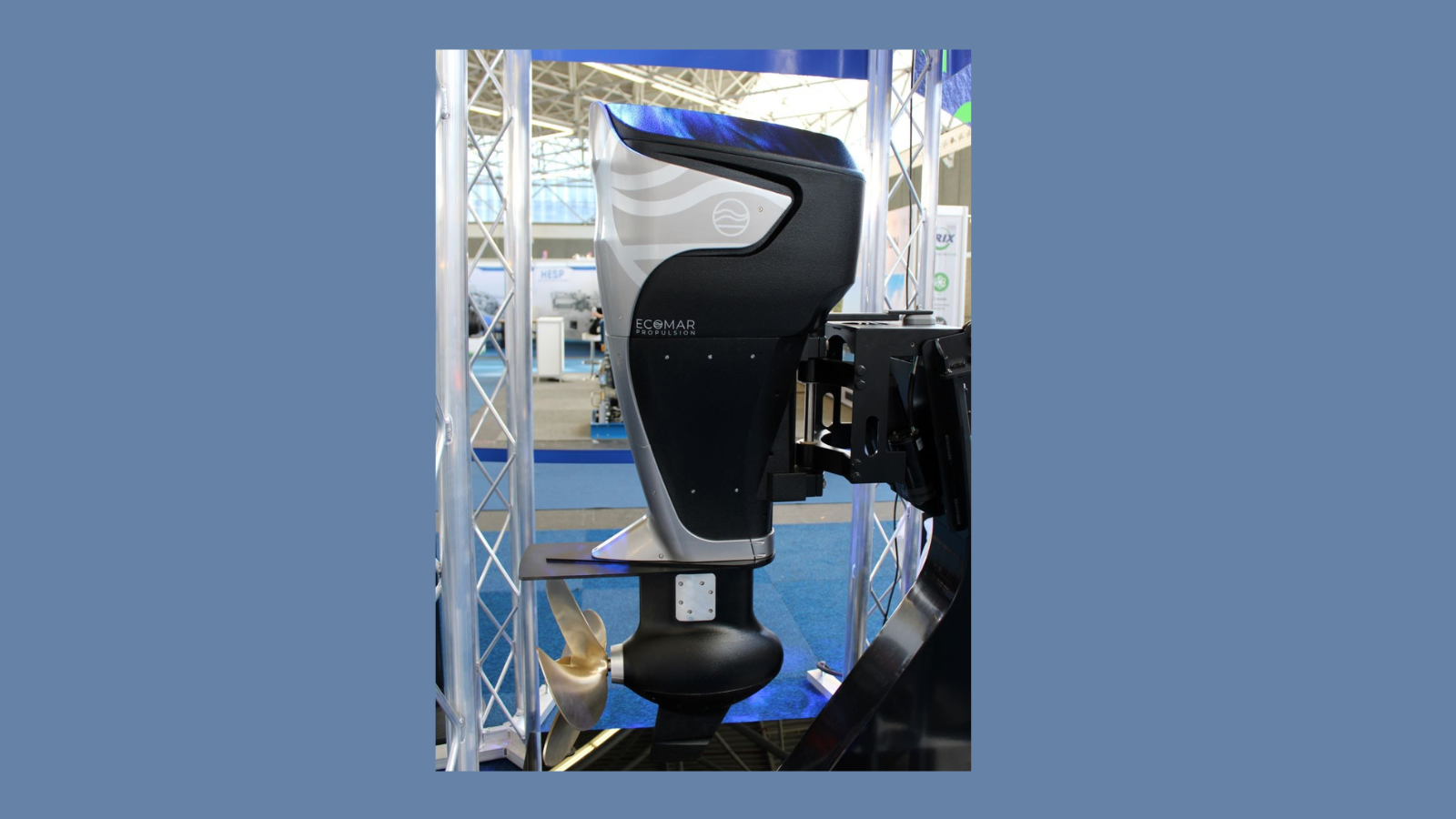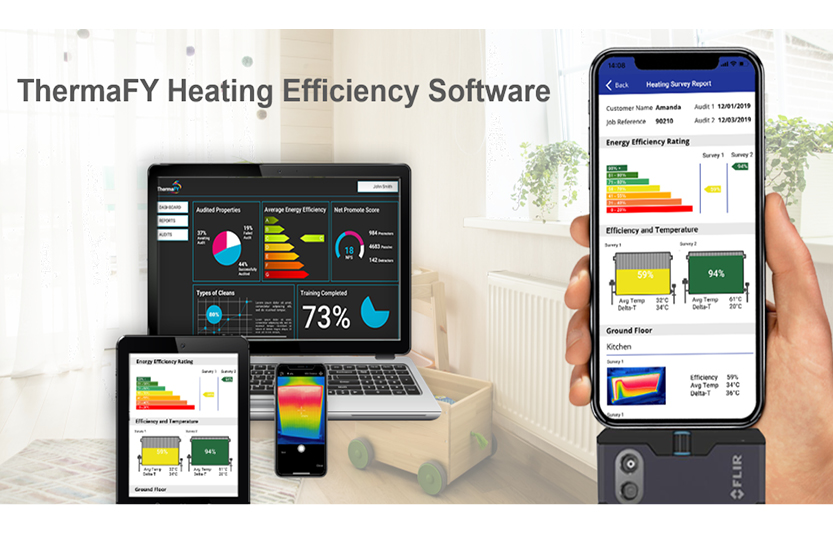Case Study
Evolve Hydrogen Ltd

Key Highlights
- Evolve Hydrogen Ltd based in Glasgow was set up as a result of USA parent company Evolve Hydrogen Inc recognising the potential markets and expertise available in Scotland in green hydrogen production technology.
- Evolve Hydrogen Ltd is leading in the development of a novel electrolyser technology for green hydrogen production from any water source and it was looking for a bespoke polymer material that enabled direct electrolysis of seawater without the need for desalination. Optimisation of this material required a thorough understanding of its electrochemical performance and transport mechanism in various electrolysis environments.
- Funding through Interface’s Inward Investment Catalyst Fund enabled the collaboration with the University of Strathclyde to take place and allowed Evolve access to the required electrochemical expertise resulting in the material characterization of the original polymer and suggestions for efficiency improvements to be realised.
- Benefits include development of a novel green hydrogen production technology and its commercialisation in Scotland; decarbonization of transportation and many industrial processes with the integration of Evolve’s technology throughout Scotland and the potential for future strategic partnerships with key industry players in manufacturing, polymer production, and hydrogen end users such as offshore wind farms, utilities, and the transportation sector.
Partners
University of Strathclyde
Sectors
Energy
Energy & Renewables
Regions
Glasgow & Clyde Valley
UK and International
Evolve™ green energy technology is the first hydrogen electrolysis solution that can extract hydrogen from any natural water source including groundwater, tap water, and seawater, without desalination.
Background
Evolve Hydrogen Ltd wants to develop novel Proton Exchange Membrane (PEM) electrolyser technology to produce “green” hydrogen for use in industrial processes. This innovation unlike the traditional flat-stack designs of common PEM and alkaline electrolysers is designed in a honeycomb configuration with reactive parts placed in a concentric layout. The reactive parts are fabricated via injection moulding of a custom polymer which allow this technology to utilise impure water sources.
The Challenge
In developing their technology Evolve Hydrogen Ltd required a bespoke polymer material that enabled direct electrolysis of impure water sources, for example, seawater without the need for desalination. Optimisation of this material required a thorough understanding of its electrochemical performance and transport mechanism in various electrolysis environments. To improve the efficiencies of their prototypes this project required electrochemical engineering expertise to give a full characterisation of the polymer raw material and to recommend improvements in composition to advance Evolve™ technology.
The Solution
Evolve Hydrogen Ltd sought the expertise of the University of Strathclyde to perform this project based on recommendations by their technical advisors, two of whom were alumni of Strathclyde University. Funding provided by Interface’s Inward Investment Catalyst Fund permitted the material characterization of the original polymer and suggestions for efficiency improvements to be carried out by the University of Strathclyde.
Evolve Hydrogen Ltd provided samples and previous technical data to the University’s research staff, who performed the physical and electrochemical characterisation required as part of Evolve’s aim to achieve TRL 4 (Technology Readiness Level) status. Dr Edward Brightman and his team of electrochemical engineers used their expertise to create a specialised test cell. They also demonstrated the knowledge and the flexibility to adjust the research scope to address new questions of the materials being analysed.
The work performed by the team of electrochemical engineers successfully characterised the original polymer material and suggested material and dimensional changes to improve the efficiencies of Evolve Hydrogen’s technology.
The Future
Evolve Hydrogen Ltd is committed to working with the University of Strathclyde because of their demonstrated level of professionalism, knowledge, creative thought, and the working relationship that has been established. The University, the Power Networks Demonstration Centre (PNDC), and their industrial partners plan to collaborate for the testing of future prototypes and the fabrication of Minimal Viable Products for Evolve Hydrogen’s demonstrations. They are seeking joint funding together to support an R&D pathway towards commercialisation in Scotland.
The Benefits
- The benefit of this project is to further the development of a novel green hydrogen production technology and to commercialise the technology in Scotland.
- Decarbonization of transportation and many industrial processes with the integration of Evolve’s technology throughout Scotland.
- Development of future strategic partnerships with key industry players in manufacturing, polymer production, and hydrogen end users such as offshore wind farms, utilities, and the transportation sector.
- With the global demand for electrolysers far exceeding the supply Evolve see a tremendous growth in exports of their technology for Scotland starting in 2024.
This project benefitted from the Scottish Inward Investment Catalyst Fund. The Scottish Inward Investment Catalyst Fund launched by Interface and the Scottish Government promotes Scotland as a leading destination for inward investment and supports businesses not yet located in Scotland but seeking to establish stronger ties with academia here. As well as funding research and development it provides an opportunity for the company to establish relationships and give insight into other aspects of the Scottish landscape, such as further investment opportunities, supply chains and the skills base to strengthen the case for investing in Scotland.
Learn more about the Scottish Inward Investment Fund.


